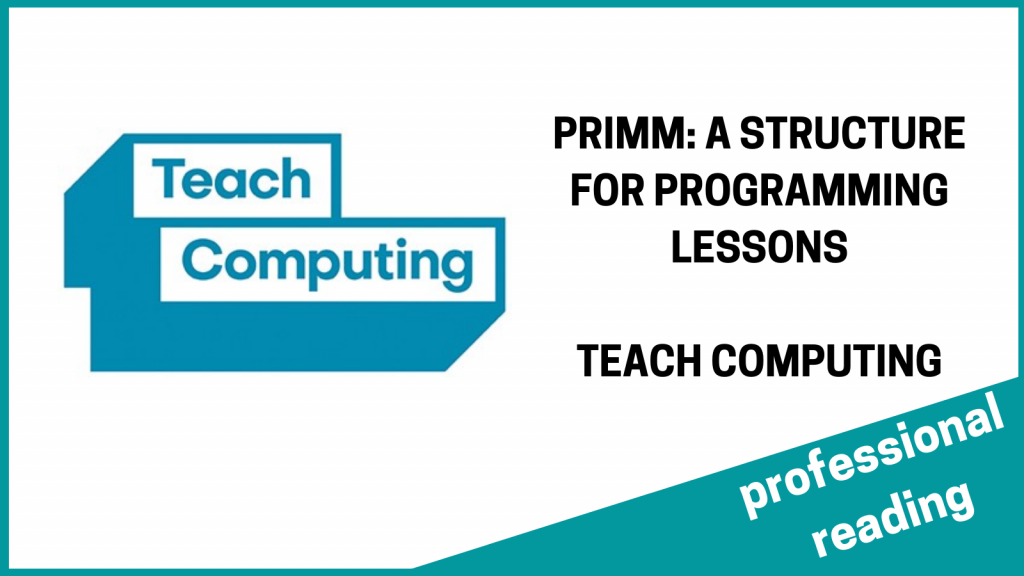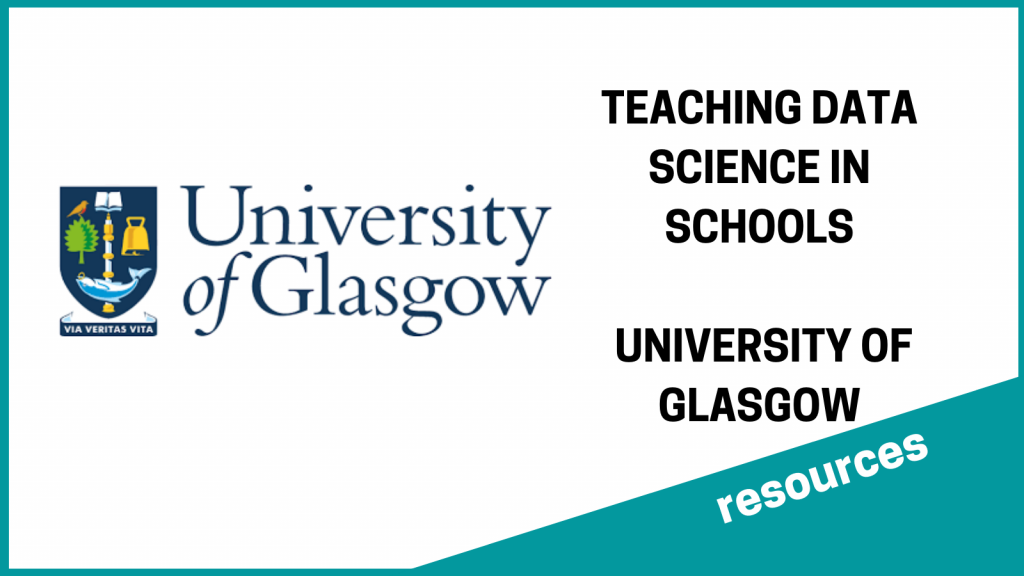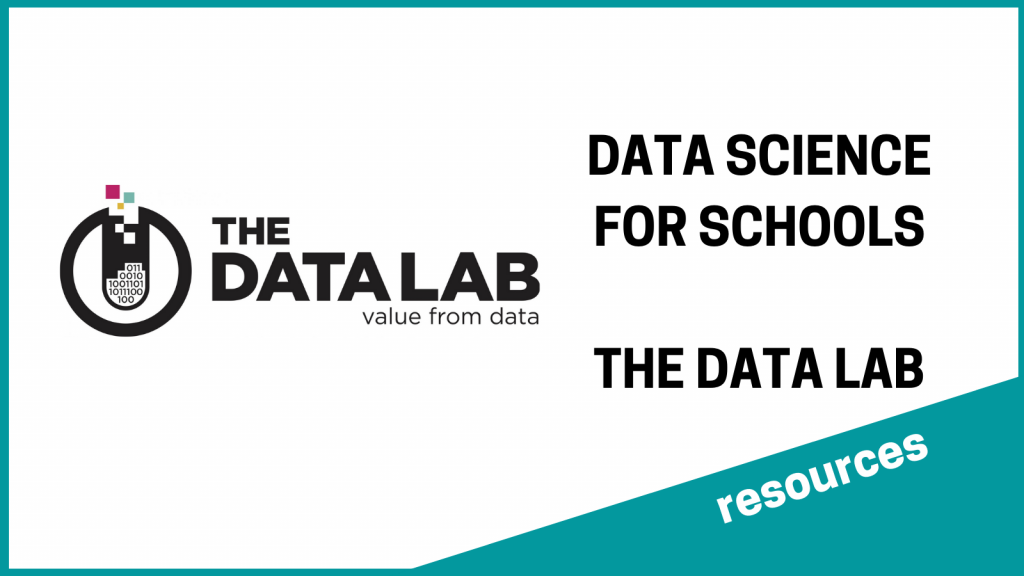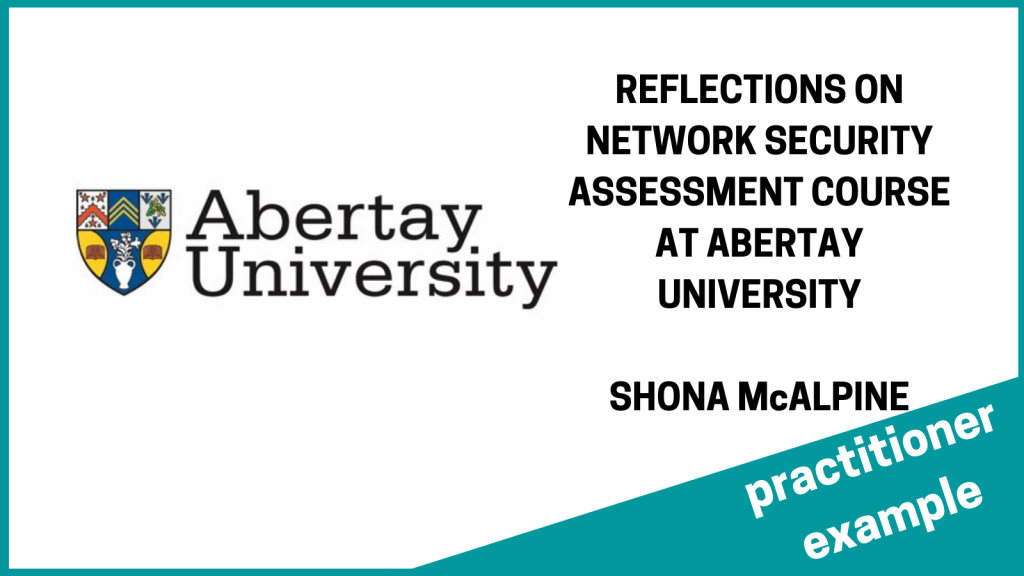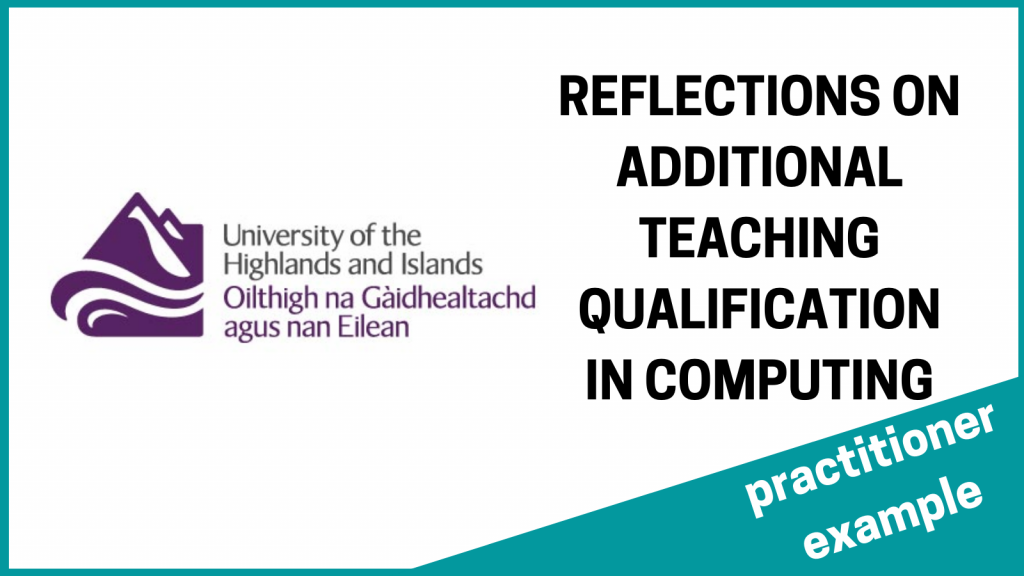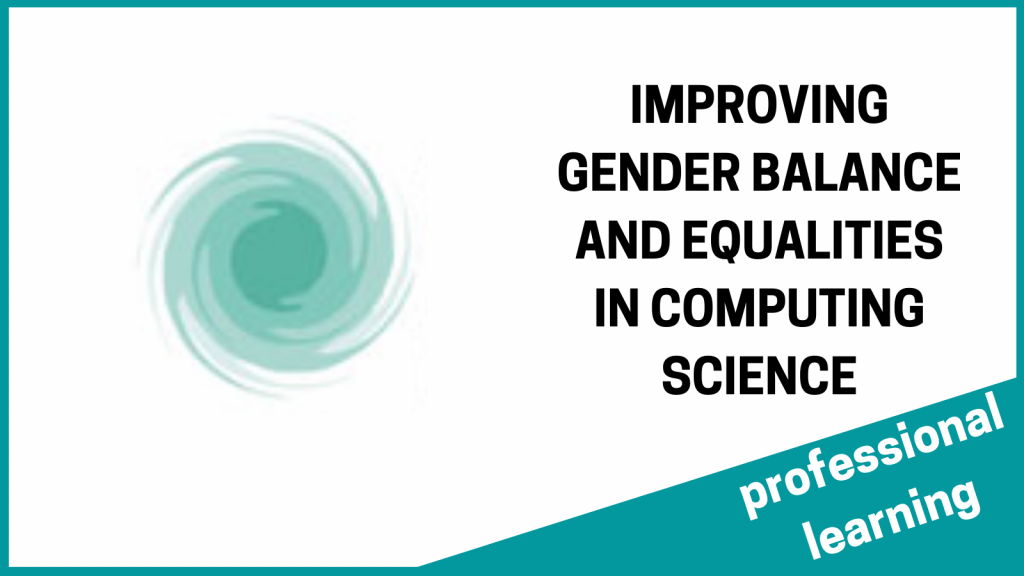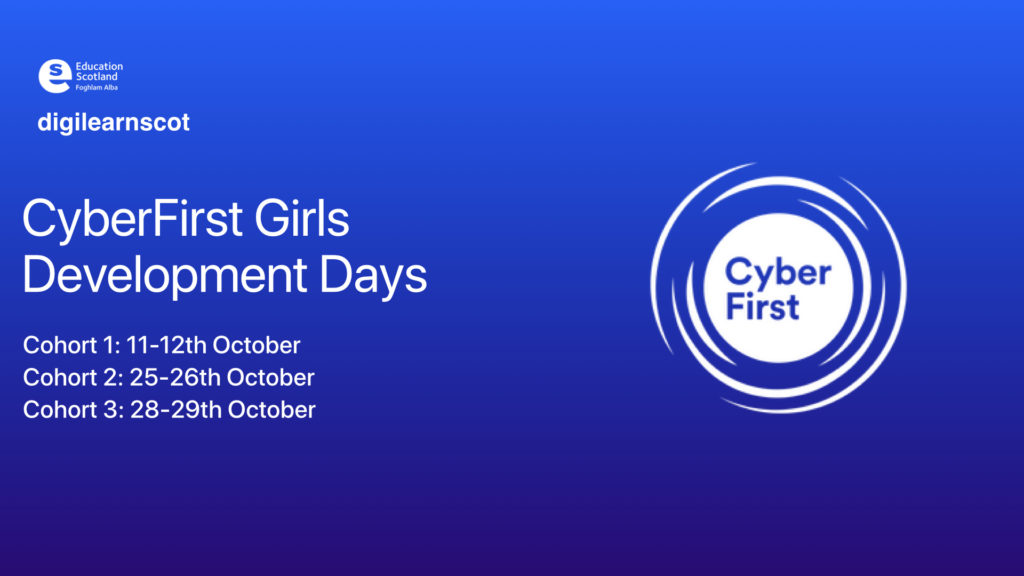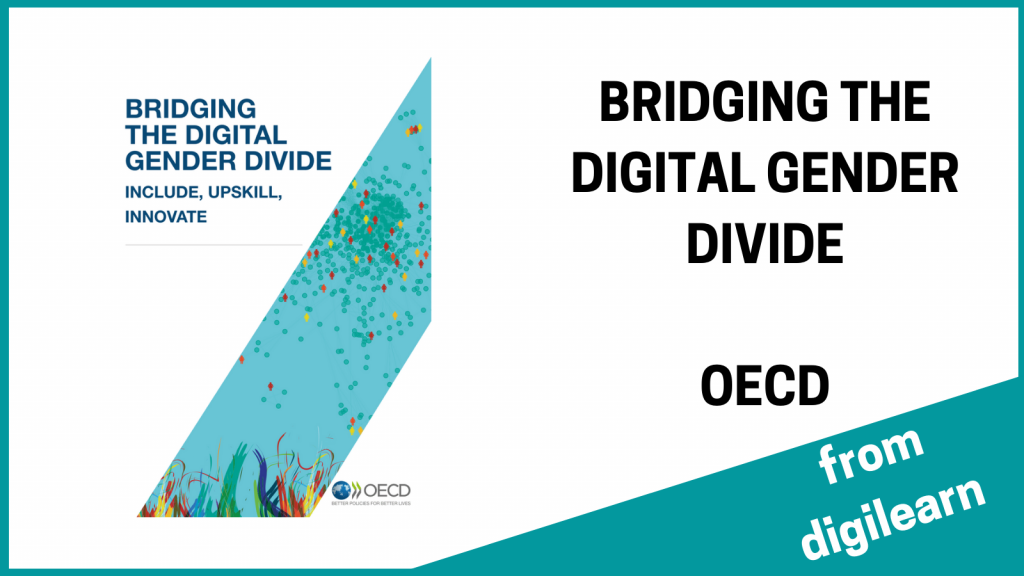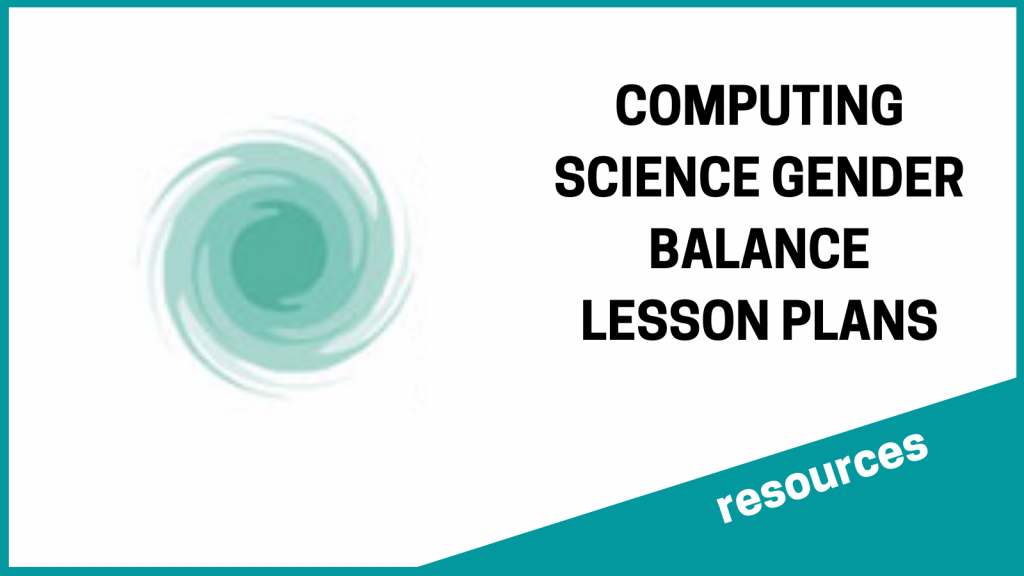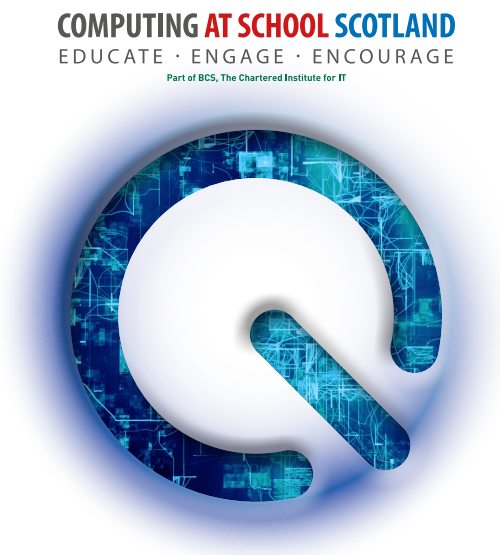Jonathan Henderson, Lasswade Primary School, Midlothian, @MrHenderson321
Emma Hedges, Victoria Primary School, Falkirk, @MissHedgesVPS
We are delighted to be part of the first cohort of a new program of CLPL aimed at up-levelling primary teachers’ skills in delivering the Technologies curriculum. This online program leverages some of the University of the Highlands and Islands (UHI)’s existing courses for cross-qualifying existing secondary teachers into Computer Science but provides primary teachers with the expertise necessary to deliver the computing curriculum up to SCQF Level 3. This course has been designed and supported by the British Computer Society, Microsoft, Education Scotland and the Scottish Government.
Currently, we are in Week 4 of the first 12 week module on Databases and Computer Systems, with a second module planned to start in September which will focus on Coding and Web Technologies. So far we have learned about Software, Hardware, Numbering Systems and Logic Gates, and we will soon be moving onto learning about databases and SQL. The work for each week is split up into sections which has contributed to making the course manageable to fit in around a full time teaching job. Each week has involved gaining new knowledge via videos and Sways. There have also been interactive elements such as mini quizzes and using what we have learned to complete tasks such as calculations involving binary numbers. There has been a feeling of satisfaction when we have been able to use our new found knowledge, or from learning from our mistakes, to complete these tasks.
We have also been given the opportunity to complete an additional entry-level Cisco course about Linux which many participants have signed up to complete.
So far, it has been fascinating to go further into subjects which are beyond the normal scope of the primary curriculum and refresh and update our understanding of computing. Through being provided with this opportunity we are once again in the role of the learner. This has been an interesting experience and has made us consider the different ways in which we can share what we are learning to the wide range of needs of our learners, as well as with our colleagues.
We are also enjoying the opportunity to network with colleagues from across Scotland as well as across primary and secondary education. It has been interesting to learn about the different backgrounds of our colleagues who are also enrolled on the course and to be able to interact with them online either on the UHI learning space or on Twitter. With the submission date of our first assessment approaching, we’re very much focussed on doing our best in order to get the most out of the course both for ourselves and for our pupils.
Find out more about the qualification here

